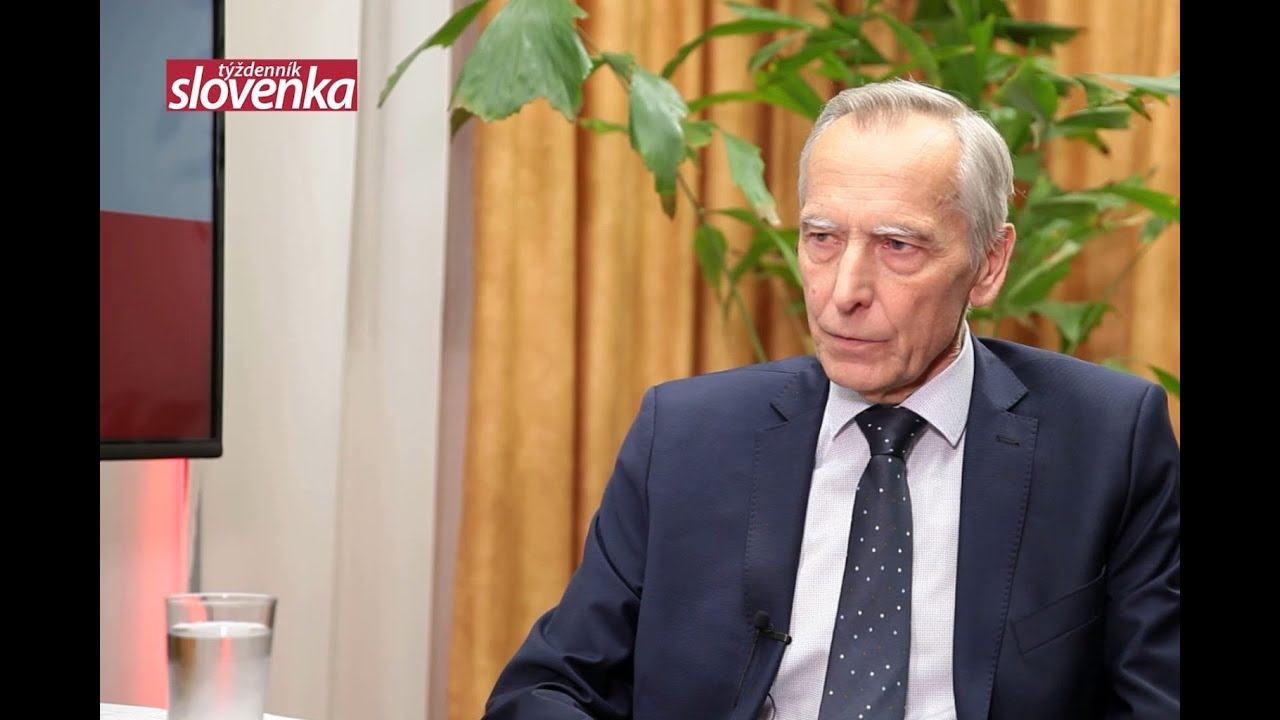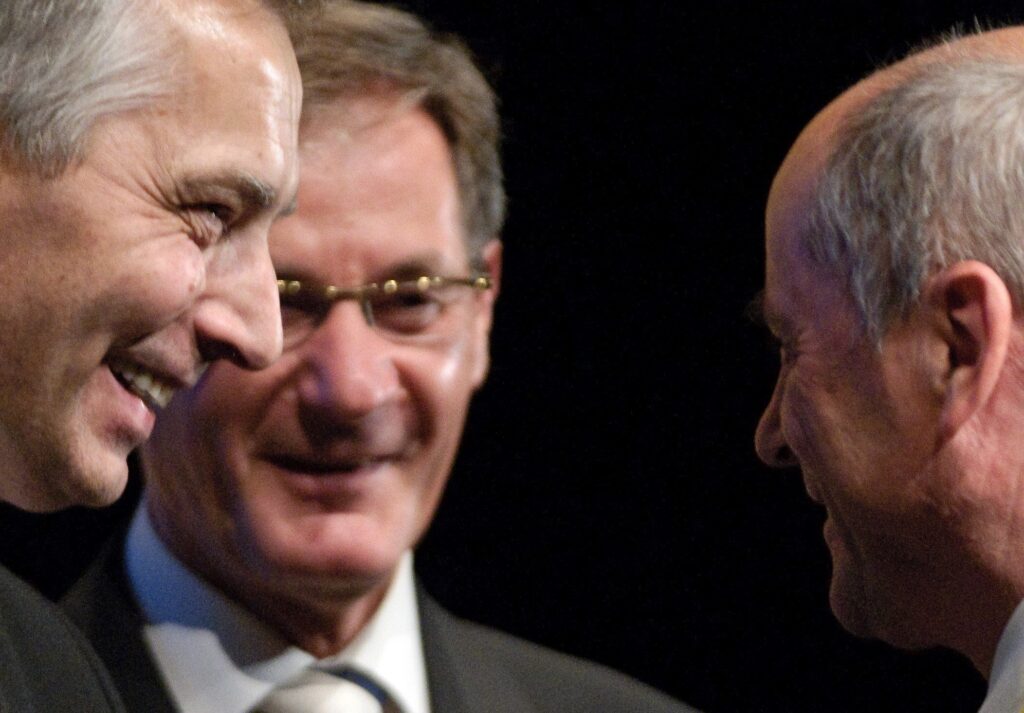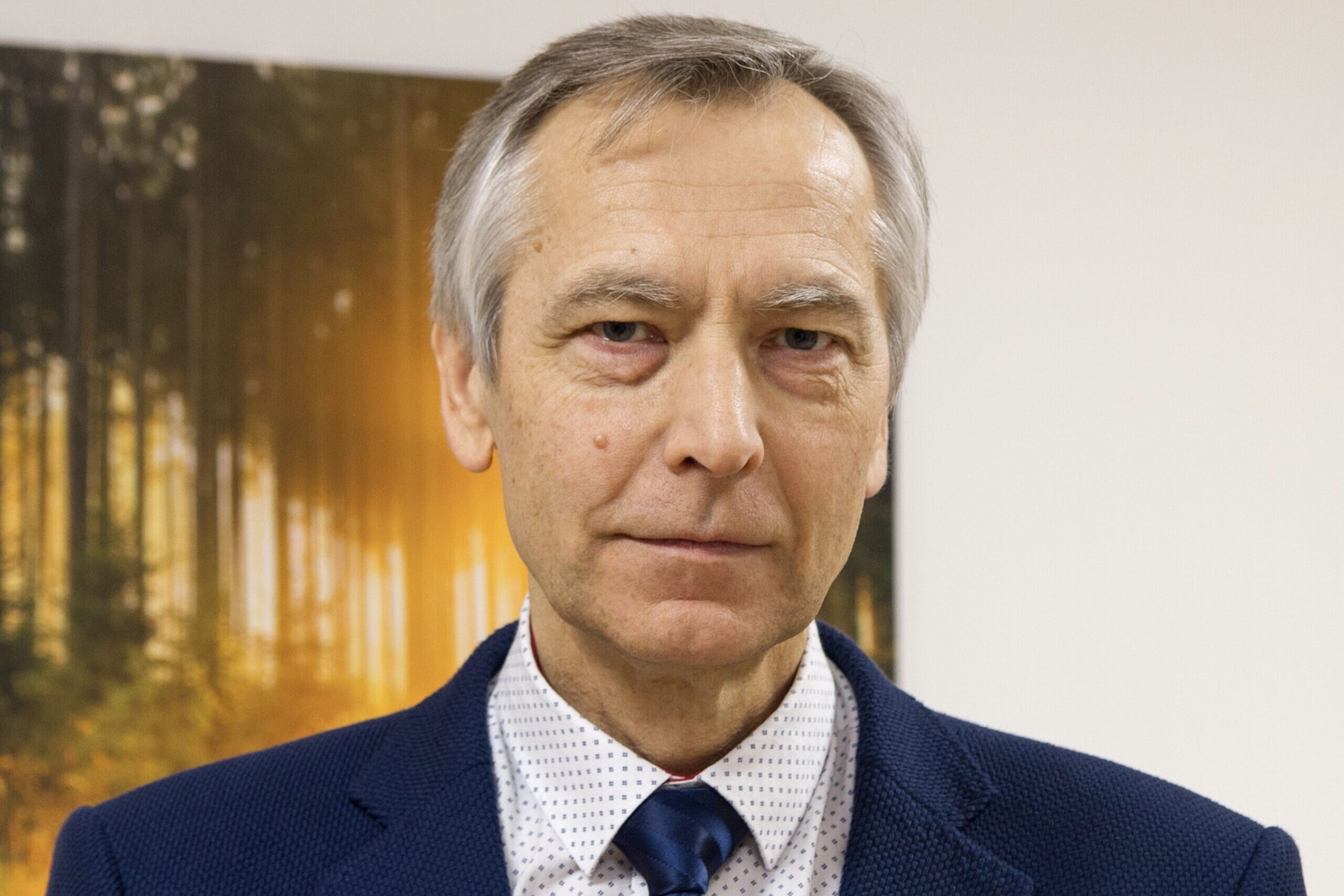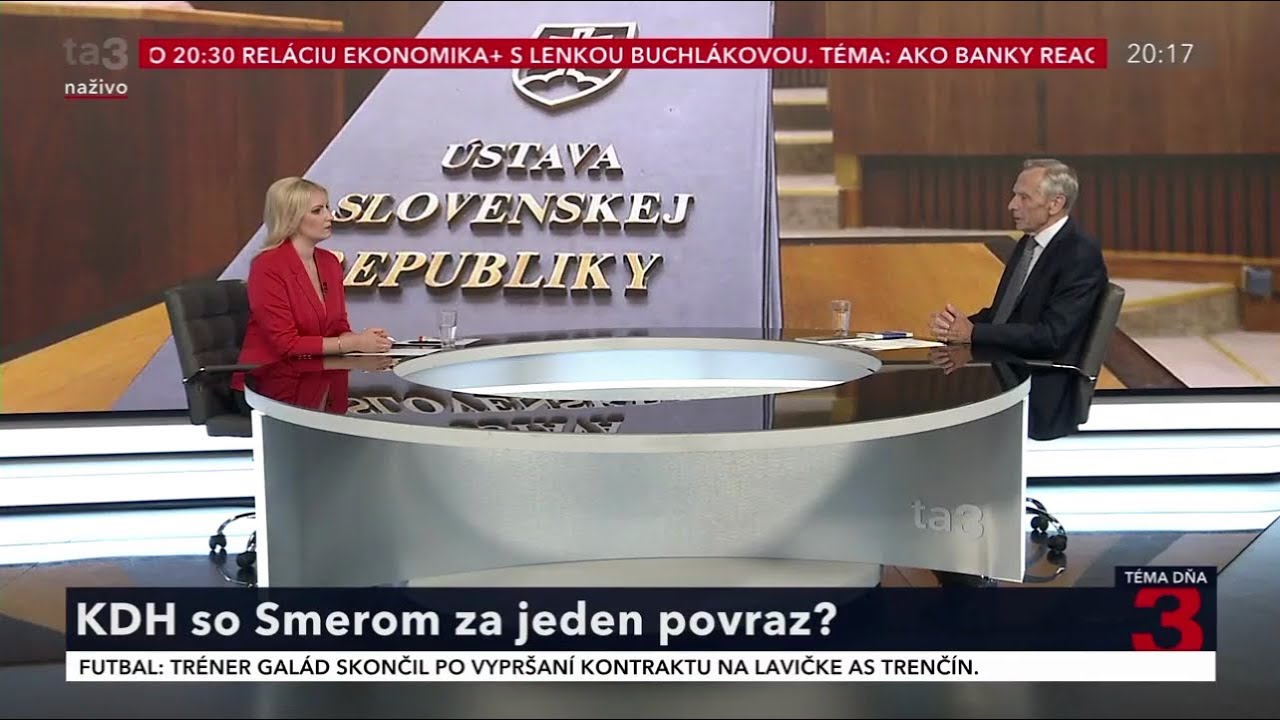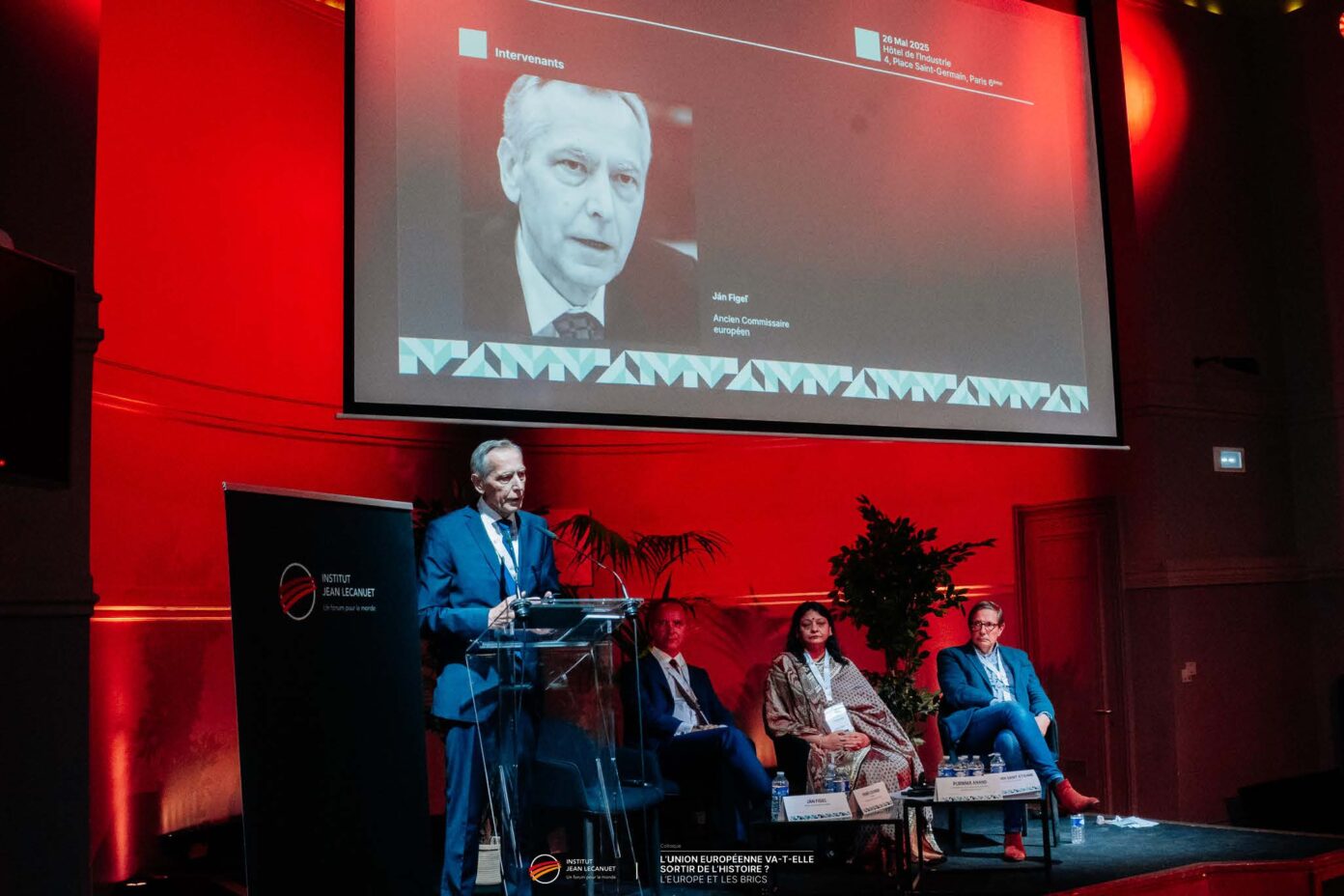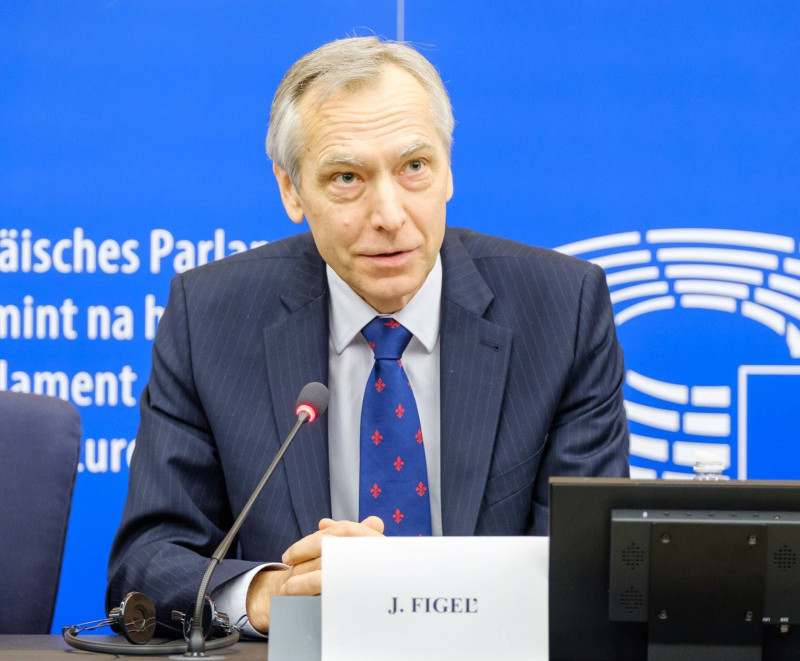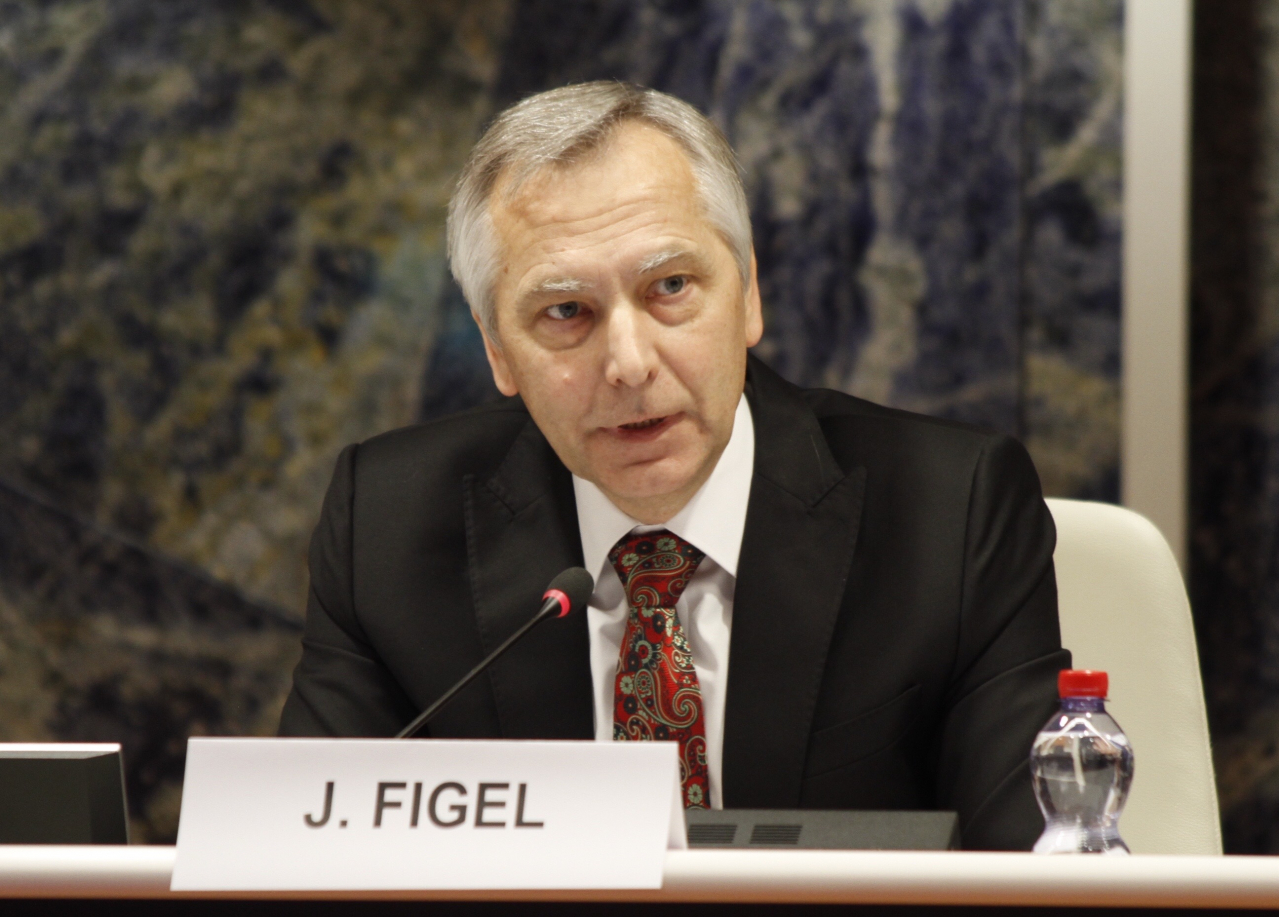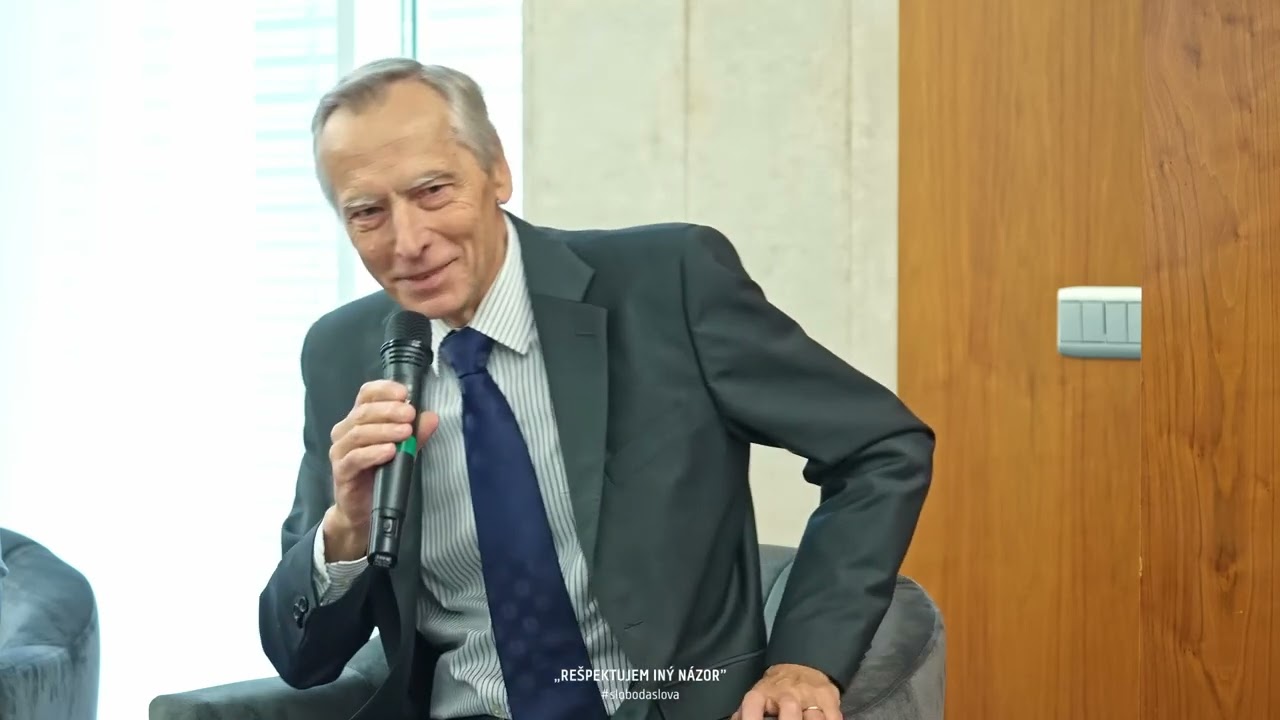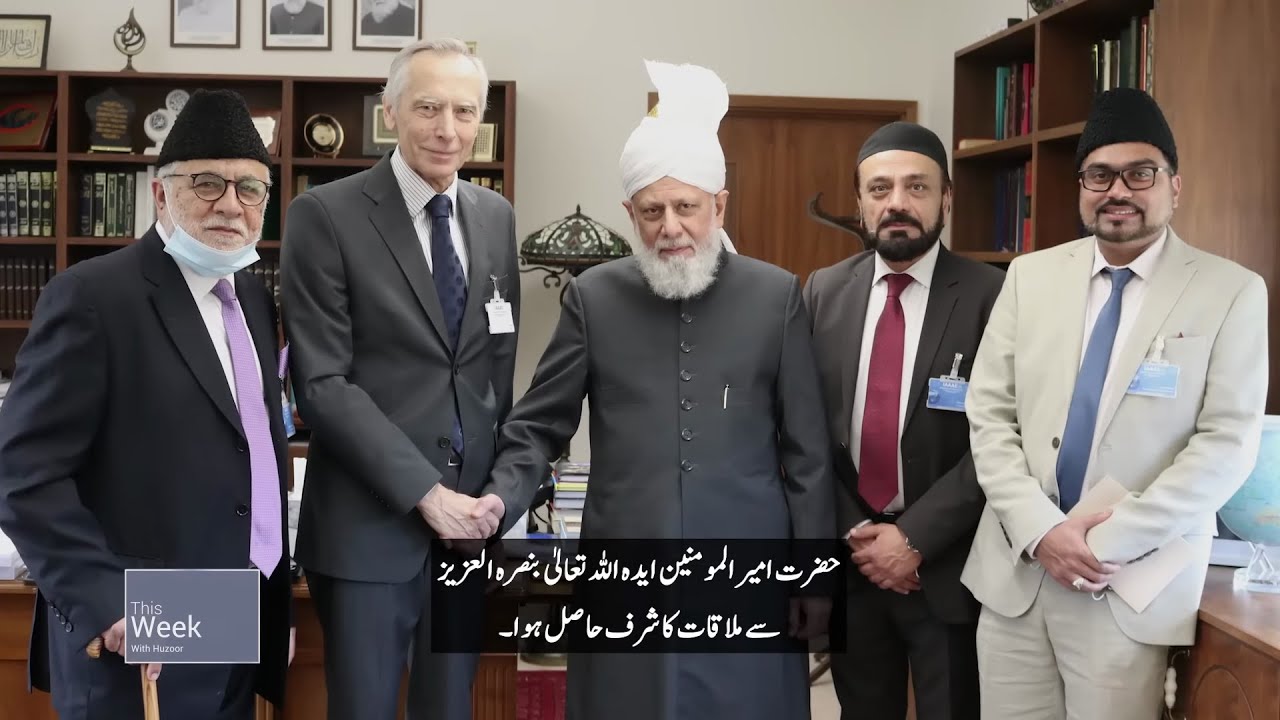
Freedom of Religion Is the Litmus Test of Democracy — Japan Must Not Fail It
By Jan Figeľ, Former EU Special Envoy for Freedom of Religion or Belief, President of FOREF Europe.
(Dr. Figeľ delivered the following address at a distinguished Info Event in Geneva, co-organized by UN-affiliated NGOs and attended by senior United Nations officials)
In March 2025, the Tokyo District Court, acting under the Civil Code, ordered the dissolution of the Family Federation for World Peace and Unification (formerly the Unification Church).
Since this unprecedented decision, I have been deeply concerned. The order lacks a constitutional legal basis and clearly violates Japan’s obligations under the International Covenant on Civil and Political Rights (ICCPR).
Such measures endanger not only one minority faith but others as well, because injustice against one community always threatens all others.
This ruling will have profound implications for the future of religious freedom in Japan.
An Arbitrary and Politicized Decision
The decision rests on questionable evidence and accusations. It lacks substantive foundation and appears to have been driven more by political motives than by law.
The court’s decision is arbitrary, unconstitutional, and unlawful. It violates basic principles of due process.
For example, the hearings were conducted behind closed doors.
Article 81 of the Religious Corporations Act allows dissolution only when an organization commits illegal acts that seriously harm public welfare.
Yet the Tokyo District Court expanded this to include 32 civil cases spanning 40 years involving former members.
Even more troubling, the Ministry of Education, Culture, Sports, Science and Technology changed its interpretation of the law to request dissolution — something entirely unprecedented.
“Missionary activity and voluntary donations were judged to violate ‘social norms’ and ‘social fairness.’
These concepts are far too vague, opening the door to arbitrary state power.”
— Jan Figeľ
The UN Human Rights Committee has already recommended that Japan refrain from restricting religious freedom on the basis of “public welfare.”
Article 18 of the ICCPR does not allow such restrictions. On the contrary, states are obliged to protect minority religions from hostility by dominant social or political groups.
Unscientific Assumptions and Coercive Practices
Japan has tolerated forced deprogramming by Protestant pastors.
Many plaintiffs in this case were themselves subjected to coercion, confinement, and so-called “deprogramming.”
Even worse, the Tokyo District Court adopted the discredited “mind control” theory, assuming victimhood without evidence.
This demonstrates clear bias and arbitrariness.
Legitimate courts must not be swayed by political pressure or media campaigns.
Lessons from History
The future of Japanese democracy depends on transparency, accountability, respect for human dignity, and the protection of fair justice for all.
Politically, it must be said that the movement against the Family Federation has roots in the Japanese Communist Party’s campaigns decades ago.
Marxist atheism lies at the root of this long-standing hostility. Such ideology often inspires attempts to suppress religion, because faith liberates people from the worship of secular values and authoritarian state power.
I know this from my own experience.
I lived half my life under communist dictatorship in Czechoslovakia.
My uncle, Ján, was killed by the secret police.
The regime sought to crush both historic and new religions through coercion — but it ultimately collapsed peacefully in 1989.
“The main force behind peaceful resistance and the fight for freedom in my country was the Christian community — especially the Catholic Church and other voices of conscience.”
A Warning for Japan and the World
If the District Court’s decision is confirmed, it will damage Japan’s credibility as a democracy and may endanger other minority religions, including smaller and newer groups such as the Jehovah’s Witnesses.
Japan should learn from the harm caused worldwide by state-imposed ideologies and religious oppression, which have often led to deep divisions.
The state exists to serve all citizens — not just the majority or a favored group.
Freedom of Religion: The Mother of Human Rights
Religious freedom is the litmus test for all human rights. Why?
Because freedom of religion is inseparable from freedom of thought and conscience.
It belongs to everyone — believers, non-believers, and atheists alike.
This inner freedom is guaranteed by Article 18 of the Universal Declaration of Human Rights and the International Covenant on Civil and Political Rights.
“If inner freedom is not respected, outer freedoms — speech, press, assembly, association — will also be endangered.”
Freedom begins within each person and is expressed outwardly through acts of faith, family, and community.
Internal freedom is absolute and must be fully respected by the state and its institutions.
External expression can be restricted only if limitations are legal, necessary, and proportionate.
Hope for Justice
I opposed the dissolution of the Family Federation from the beginning.
I wrote personally to Japan’s Prime Minister and Foreign Minister, but received no reply.
Freedom of Religion Is the Litmus Test of Democracy — Japan Must Not Fail It
By Jan Figeľ, Former EU Special Envoy for Freedom of Religion or Belief, President of FOREF Europe.
(Dr. Figeľ delivered the following address at a distinguished Info Event in Geneva, co-organized by UN-affiliated NGOs and attended by senior United Nations officials)
In March 2025, the Tokyo District Court, acting under the Civil Code, ordered the dissolution of the Family Federation for World Peace and Unification (formerly the Unification Church).
Since this unprecedented decision, I have been deeply concerned. The order lacks a constitutional legal basis and clearly violates Japan’s obligations under the International Covenant on Civil and Political Rights (ICCPR).
Such measures endanger not only one minority faith but others as well, because injustice against one community always threatens all others.
This ruling will have profound implications for the future of religious freedom in Japan.
An Arbitrary and Politicized Decision
The decision rests on questionable evidence and accusations. It lacks substantive foundation and appears to have been driven more by political motives than by law.
The court’s decision is arbitrary, unconstitutional, and unlawful. It violates basic principles of due process.
For example, the hearings were conducted behind closed doors.
Article 81 of the Religious Corporations Act allows dissolution only when an organization commits illegal acts that seriously harm public welfare.
Yet the Tokyo District Court expanded this to include 32 civil cases spanning 40 years involving former members.
Even more troubling, the Ministry of Education, Culture, Sports, Science and Technology changed its interpretation of the law to request dissolution — something entirely unprecedented.
“Missionary activity and voluntary donations were judged to violate ‘social norms’ and ‘social fairness.’
These concepts are far too vague, opening the door to arbitrary state power.”
— Jan Figeľ
The UN Human Rights Committee has already recommended that Japan refrain from restricting religious freedom on the basis of “public welfare.”
Article 18 of the ICCPR does not allow such restrictions. On the contrary, states are obliged to protect minority religions from hostility by dominant social or political groups.
Unscientific Assumptions and Coercive Practices
Japan has tolerated forced deprogramming by Protestant pastors.
Many plaintiffs in this case were themselves subjected to coercion, confinement, and so-called “deprogramming.”
Even worse, the Tokyo District Court adopted the discredited “mind control” theory, assuming victimhood without evidence.
This demonstrates clear bias and arbitrariness.
Legitimate courts must not be swayed by political pressure or media campaigns.
Lessons from History
The future of Japanese democracy depends on transparency, accountability, respect for human dignity, and the protection of fair justice for all.
Politically, it must be said that the movement against the Family Federation has roots in the Japanese Communist Party’s campaigns decades ago.
Marxist atheism lies at the root of this long-standing hostility. Such ideology often inspires attempts to suppress religion, because faith liberates people from the worship of secular values and authoritarian state power.
I know this from my own experience.
I lived half my life under communist dictatorship in Czechoslovakia.
My uncle, Ján, was killed by the secret police.
The regime sought to crush both historic and new religions through coercion — but it ultimately collapsed peacefully in 1989.
“The main force behind peaceful resistance and the fight for freedom in my country was the Christian community — especially the Catholic Church and other voices of conscience.”
A Warning for Japan and the World
If the District Court’s decision is confirmed, it will damage Japan’s credibility as a democracy and may endanger other minority religions, including smaller and newer groups such as the Jehovah’s Witnesses.
Japan should learn from the harm caused worldwide by state-imposed ideologies and religious oppression, which have often led to deep divisions.
The state exists to serve all citizens — not just the majority or a favored group.
Freedom of Religion: The Mother of Human Rights
Religious freedom is the litmus test for all human rights. Why?
Because freedom of religion is inseparable from freedom of thought and conscience.
It belongs to everyone — believers, non-believers, and atheists alike.
This inner freedom is guaranteed by Article 18 of the Universal Declaration of Human Rights and the International Covenant on Civil and Political Rights.
“If inner freedom is not respected, outer freedoms — speech, press, assembly, association — will also be endangered.”
Freedom begins within each person and is expressed outwardly through acts of faith, family, and community.
Internal freedom is absolute and must be fully respected by the state and its institutions.
External expression can be restricted only if limitations are legal, necessary, and proportionate.
Hope for Justice
I opposed the dissolution of the Family Federation from the beginning.
I wrote personally to Japan’s Prime Minister and Foreign Minister, but received no reply.
However, international opposition is growing.
Japan has long been respected as a moderate democracy, but its reputation is now at risk.
I hear concerns, shock, and protests from governments and civil society worldwide.
How a country treats its minorities — not its majority — is the true measure of its democratic credibility.
UN Experts’ Concern: Japan’s Policies Breach International Standards
On 1 October 2025, four United Nations Special Rapporteurs issued a joint statement from Geneva expressing “serious concern over Japan’s continued stigmatization of religious minorities.”
Their intervention highlights that the problem goes far beyond a single court decision — it reflects systemic bias in government policies and public discourse.
(Read the full statement on HRWF →)
Key Findings of the UN Experts
- Discriminatory school materials
Between May and July 2025, pamphlets distributed to children under the “Children’s Human Rights SOS Mini-Letters” program portrayed religious belief as a potential form of child abuse.
The experts warned that such materials “reinforce discriminatory stereotypes about religion or belief minorities and risk directly conflating legitimate religious manifestations with child abuse.” - Overreach of the “public welfare” doctrine
The Rapporteurs criticized the Tokyo District Court’s reliance on vague notions like “social appropriateness” and “public welfare.”
They cautioned that such reasoning “may permit restrictions exceeding those permissible under the ICCPR.” - Call for adherence to Article 18 of the ICCPR
Any limitation on the manifestation of religion or belief, they reminded, must be lawful, necessary, proportionate, and non-discriminatory.
Japan was urged to revise its 2022 Q&A Guidelines and to cooperate fully with UN mechanisms.
UN Experts Who Signed the Statement (Geneva, 1 October 2025)




A Call to Democratic Responsibility
The UN Rapporteurs have reminded Japan that democracy is measured not only by elections but by the protection of conscience and belief.
Japan’s credibility as a rights-respecting democracy now depends on whether it restores the rule of law, ends ideological bias, and ensures freedom of religion for all citizens.
The Path Forward
The Family Federation has appealed the District Court verdict, and the case is now before the Tokyo High Court.
There remains hope for a fair and positive judicial resolution.
Even democratic nations are not immune to ideology or abuse of power.
Therefore, every citizen and society must remain vigilant in defending human dignity and human rights for all.
Related Links
- Full UN Press Release (6 October 2025, Geneva) – “UN Experts Concerned by Continued Stigmatisation of Religious Minorities”
- HRWF Coverage of the UN Statement
- FOREF Europe – Freedom of Religion or Belief Initiatives
About the Author

Jan Figeľ served as the European Union’s first Special Envoy for Freedom of Religion or Belief (2016–2020).
He is President of FOREF Europe, a Vienna-based independent human rights platform dedicated to the protection of Freedom of Religion or Belief (FoRB) worldwide.







